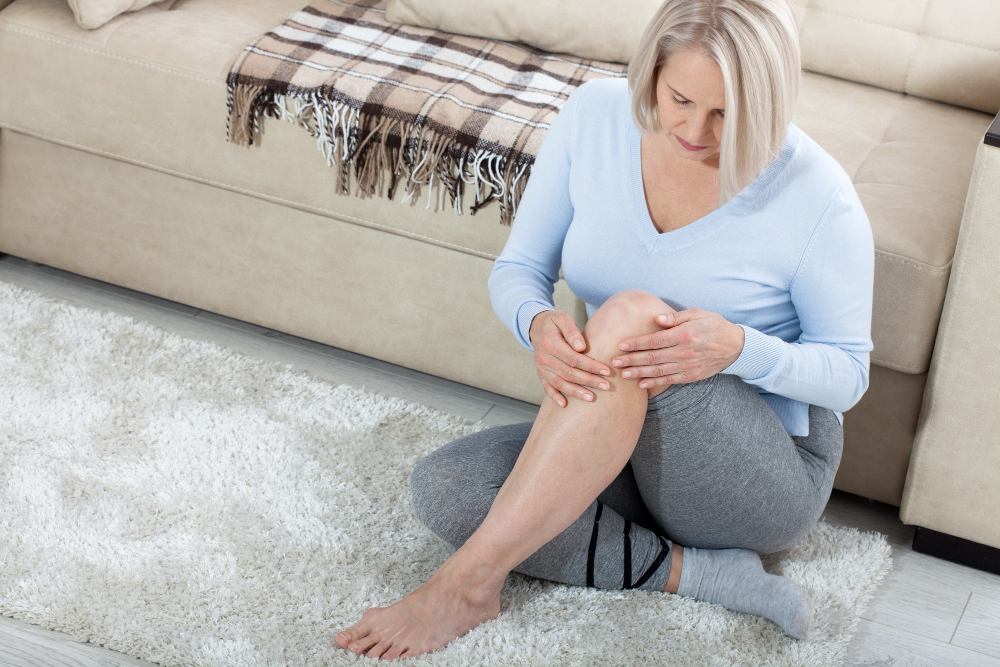Menu
- Home
- Treatments
- Our Providers
- About Us
- Patient Info
- Testimonials
- Locations
- Blog
- Financing
- Contact Us
- Home
- Treatments
- Our Providers
- About Us
- Patient Info
- Testimonials
- Locations
- Blog
- Financing
- Contact Us

Are you tired of sitting down to rest after a busy day only to deal with the frustration of tingling in your legs? While it might seem like a small nuisance, this sensation could be your body's way of warning about something more severe going on beneath the surface. At National Vascular Associates, we offer professional vascular care for clients and are here to help you understand when to seek vascular treatment.

Peripheral artery disease, or PAD, is often the invisible villain behind leg tingling. This condition arises when arteries in your legs are narrowed or blocked by plaque, which restricts blood flow. Reduced blood flow can lead to coldness in the feet or lower legs, a symptom often overlooked in the early stages. Imagine a busy highway suddenly losing lanes. The traffic would slow, and destinations would become harder to reach. Similarly, when your legs don't receive the blood they need, symptoms like tingling, numbness, or pain can occur.
The intensity of leg tingling can vary widely, serving as a barometer for the underlying issue's severity. Some might experience a gentle buzzing, while others could face a relentless discomfort that disrupts daily activities and sleep. This is the body's attempt to signal the degree of arterial obstruction and the urgency for medical attention from a vascular doctor.
While PAD is a common perpetrator, it's not the sole cause of leg tingling. Various conditions, from nerve compression in the spine to diabetes-induced neuropathy, can mimic PAD's tingling trademark. Prolonged sitting or standing can also exacerbate or even mimic the symptoms of PAD. Because of this overlap, it's important to seek a comprehensive evaluation by a vascular specialist to pinpoint the exact cause and customize treatment accordingly.
Tingling legs might be your most noticeable complaint, but PAD often comes with additional related symptoms. These can include muscle pain during exercise, changes in skin color, decreased hair growth on the affected leg, and more. Identifying these co-occurring signs can be an important puzzle piece in diagnosing PAD and averting more severe consequences.
Fortunately, not all news is grim. Adopting certain lifestyle changes can impact PAD management and alleviate leg tingling. Strategies like eating healthy food, engaging in regular exercise, and quitting smoking can improve blood flow, potentially reducing symptoms. These adjustments, while seemingly simple, can ease discomfort and improve overall vascular health.
If you've been nodding along and recognizing your own experiences, it's time to take action. Leg tingling, especially when persistent or severe, should not be dismissed as just another quirk of your body. At National Vascular Associates, we offer a range of vascular treatment options that can help improve symptoms. We believe in empowering our patients with knowledge and solutions that make a real difference. If you're ready to take the first step toward improved vascular care, reach out to us today and schedule a consultation with a vascular specialist.